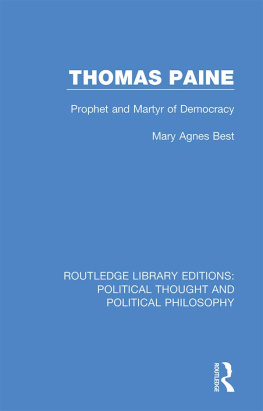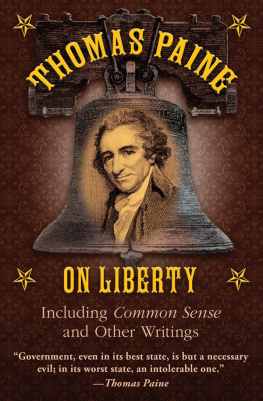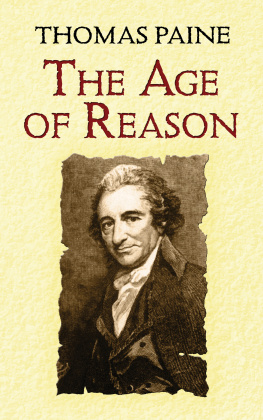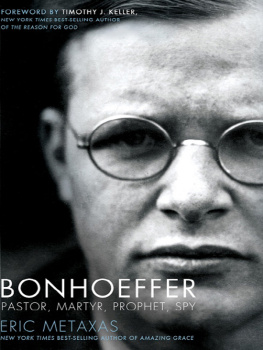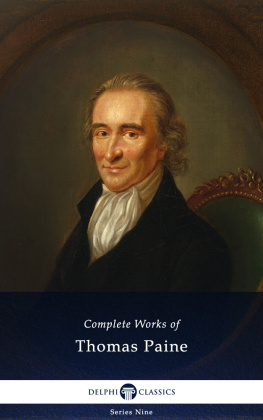First published in 1927 by George Allen & Unwin Ltd.
This edition first published in 2020
by Routledge
2 Park Square, Milton Park, Abingdon, Oxon OX14 4RN
and by Routledge
52 Vanderbilt Avenue, New York, NY 10017
Routledge is an imprint of the Taylor & Francis Group, an informa business
1927 Mary Agnes Best
All rights reserved. No part of this book may be reprinted or reproduced or utilised in any form or by any electronic, mechanical, or other means, now known or hereafter invented, including photocopying and recording, or in any information storage or retrieval system, without permission in writing from the publishers.
Trademark notice: Product or corporate names may be trademarks or registered trademarks, and are used only for identification and explanation without intent to infringe.
British Library Cataloguing in Publication Data
A catalogue record for this book is available from the British Library
ISBN: 978-0-367-21961-1 (Set)
ISBN: 978-0-429-35434-2 (Set) (ebk)
ISBN: 978-0-367-21971-0 (Volume 8) (hbk)
ISBN: 978-0-429-26909-7 (Volume 8) (ebk)
Publishers Note
The publisher has gone to great lengths to ensure the quality of this reprint but points out that some imperfections in the original copies may be apparent.
Disclaimer
The publisher has made every effort to trace copyright holders and would welcome correspondence from those they have been unable to trace.
Why seek occasions, surly critics and detractors, to misrepresent Mr. Paine? He was mild, unoffending, sincere, gentle, humble and unassuming; his talents were soaring, acute, profound, extensive and original, and he possessed that charity which covers a multitude of sins.THOMAS CLIO RICKMAN.
Foreword
S NATCHING laurels from brows that long have worn them has become a fad, like antique collecting. It is a diverting change to place a wreath on a head that for more than a century has been crowned with infamy. The centennial of Thomas Paines death was fittingly observed in London, the city in which he was tried for treason and convicted. Thetford, his birthplace, where he was prohibited from holding meetings, celebrated the event with a banquet at which the mayor presided and made the sort of speech which mayors make on such occasions: our distinguished townsman, who shed luster, and so on. When men have been reviled by their own generation and honored by those following, it is customary to make the witless comment that they lived before their time. On the contrary, it is these robust personalities who launched new freedoms on the stream of time.
A life of Thomas Paine is a history of his age; he was an actor in the great dramas of his time. His affectionate friend, Thomas Jefferson, declared that he deserved the thankfulness of nations. None has been so backward in contributing its meed of thankfulness as the nation which he helped to make, to which he gave the fullest measure of his devotion, and was the first to name The United States of America. While Colonial leaders floundered about in futilities, the unknown Englishman grasped the economic, social, and political significance of the American revolt, and like a thunderbolt from a clear sky, hurled his prophecy of Americas destiny.
Paine dismissed the past too lightly, but he anchored in the future; Mr. Paines wild theories are less wild today than when he advanced them. Since his Common Sense stirred this country to its remotest hamlet, one hundred and fifty years ago, his writings have had a steady sale. How many millions of his books have been circulated it would be difficult to reckon, and impossible to estimate their influence in changing the thought of men. It is claimed that from five to ten thousand copies are printed annually in New York City alone. The recent ten-volume Patriots Edition, edited by W. M. Van der Weyde, has already sold upward of seven thousand sets.
To Moncure Conway, a Unitarian clergyman, belongs the credit of rehabilitating Paine. His exhaustive research in the archives of England and France brought to light valuable documents, long buried. His Life of Paine is frankly partisan; it is a question whether any historical writer is impartial. Poring over dusty records is weary work; who would undertake it unless prodded on by some sort of bias? All that a reader may reasonably demand is that there shall be no juggling with the truth. But as Pontius Pilate pertinently inquired: What is truth? It is as difficult to snare a fact as to shake salt on a birds tail. Even when it is snared and caged, some insist that it is a crow, others that it is an eagle. Public men should be allowed to speak for themselves, and their utterances should be checked up by their actions. As to accuracy, it is relative, extremely so; John Adams and Thomas Jefferson differed about the date and details of the signing of the Declaration of Independence.
Thomas Paine had a hard, practical head; his heart led him a merry chase. If he had not been a great humanitarian, he might have been one of the great inventors of his age; Thomas A. Edison has paid high tribute to his inventive genius. When Robert Fulton was playing marbles, Paines mind was turning over the problem of steam power. In later years Fulton consulted him and recognized him as a pioneer in the field. The American Revolution relegated that subject to the garret of his mind. He did find time to invent the planing machine, and after the Revolution he settled down to develop his very original ideas on bridge building. He took his bridge models to Europe, and won the approval of the French and English Academies.
While his bridge was the talk of the engineering fraternity, the French Revolution flamed up, and Paine always dropped everything and speeded to revolutions, like a boy running to a fire. His Rights of Man, written in defense of the French Revolution, for which he was outlawed in England, James Madison declared to be an exposition of the principles on which the United States was founded.
Those who sneered at his ignorance claimed in the same breath that he got his ideas from the philosophers. Ideas do not come in hermetically sealed packages; they are fluid, and have a tendency to seep. Scholars read what scholars wrote; Paine translated the most advanced thought of his time into the vernacular: I bring reason to your ears, and in language as plain as A B C. No man before or since his time has so successfully conducted the ABC class.
Facing the guillotine, he wrote The Age of Reason to check the drift toward atheism, to inculcate a reverence for the Creator, and a love for the creature. Dogmatists have defamed him; atheists and freethinkers have honored him.




